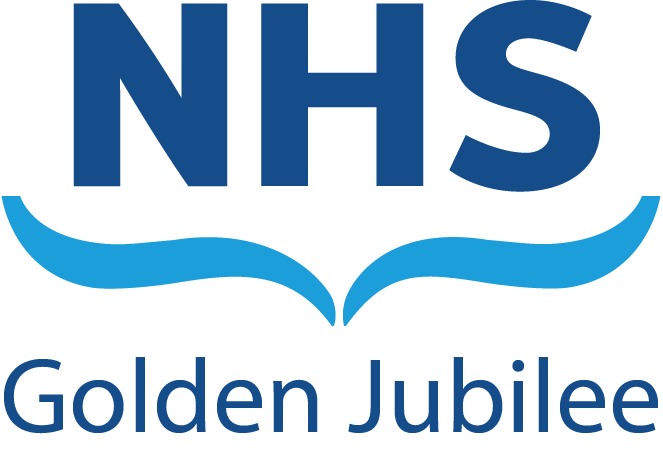Heart Surgery
Preparing for heart surgery
This is a great time to try get yourself fitter for your operation; being physically fit will both help you recover following the procedure and reduce the risk of complications.
Physical Activity
If you can, try to start walking more. Aim to do 30 minutes, five days a week. You can spread this out 10 minutes at a time or all in one go. Walking is one of the best forms of exercise and a healthy lifestyle change should continue after your operation.
Smoking Cessation
If you haven't already, you should try to stop smoking before your operation. Smoking causes various chest diseases and is the most important preventable cause of lung cancer.
If you continue to smoke up until your operation, this increases your risk of complications and your risk of developing infection.
If you smoke and need help in quitting, please speak to your GP, local pharmacy or a member of staff for advice on where you can receive support.
For more information call Quit Your Way Scotland on 0800 84 84 84 or visit www.quityourway.scot
Dental health
As soon as you know that you need a heart operation, you should visit your dentist to make sure your teeth and gums are as healthy as possible to reduce the risk of infection.
If you aren't registered with a dentist, it is vital that you do so and have a check-up before your operation.
Infected gums or teeth can introduce bacteria into the bloodstream, which could cause complications. This is particularly important if you are having an operation on a heart valve.
If your teeth and gums are not in good condition when you come into hospital, your operation may be postponed.
Diabetes
If you have diabetes, good control of your condition is vital in order to reduce the risk of complications from your heart operation.
Diabetes can damage the heart in several ways, so it is important to ensure that it is well managed. Eating a healthy diet, losing weight (if required) and being more physically active can help.
We recommend you visit your GP before your surgery to ensure your diabetes is well controlled.

